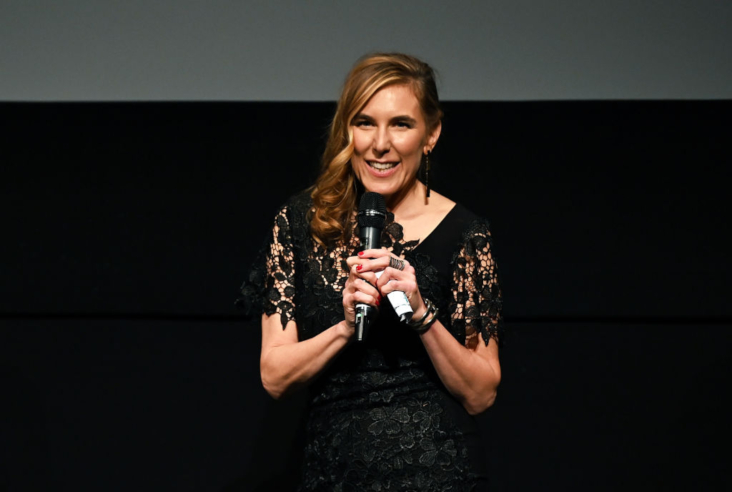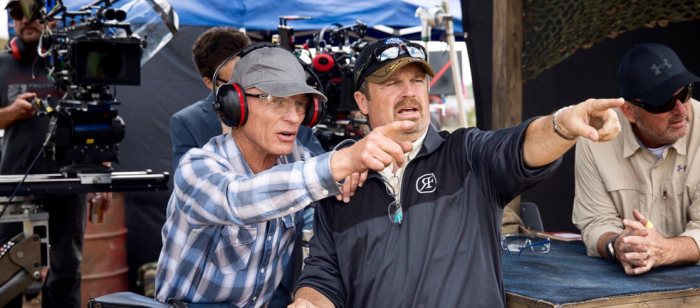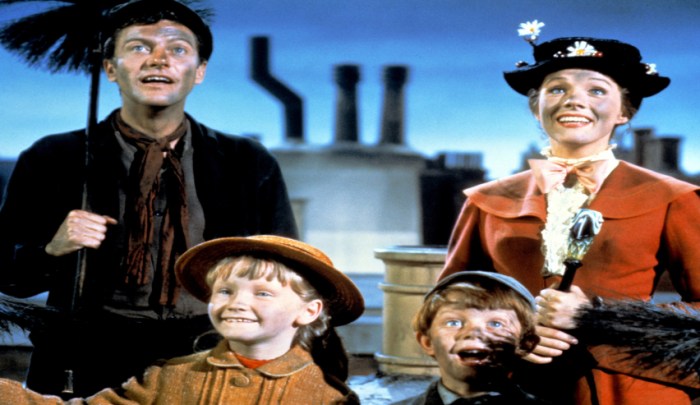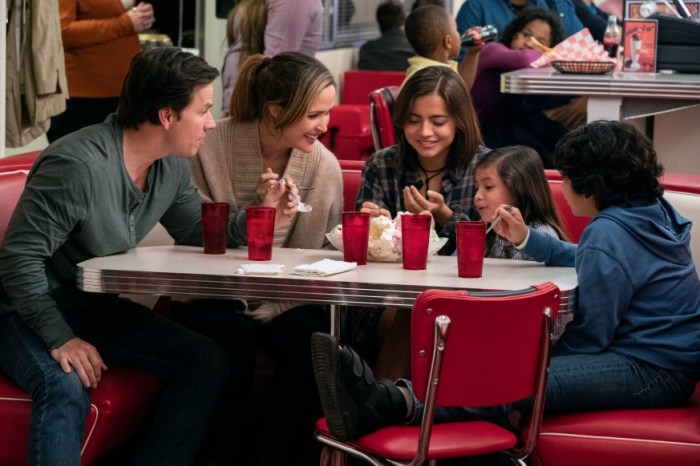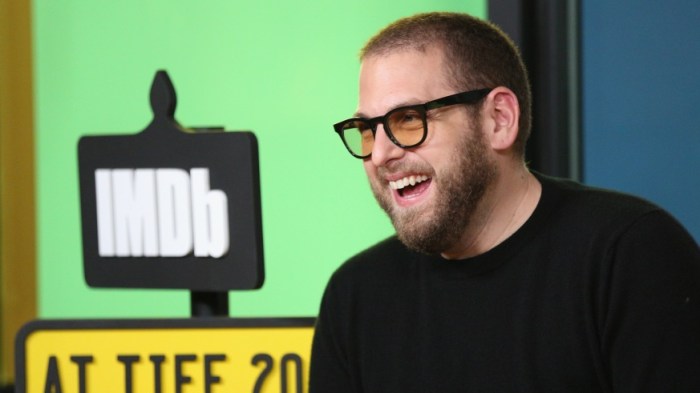In the era of the Me Too movement, Times Up and the overall empowerment of women there has been a lot of talk about what women don’t want. The importance of having your voice heard is paramount, but it’s not all about what females don’t want in their lives, it can also be about what they do want. K-Y wanted to explore that notion regarding women and their pleasure and recruited Creative Director Lauren Greenfield to make an important docu-series, “The Pleasure Is Mine” happen. Greenfield teamed up with Emmy-award winning Director Amy Berg and together this dynamic duo empowered everyday women to speak up about what they want and break the stigma around conversations regarding sex. Metro sat down with Greenfield and Berg to learn more about the docu-series, hear their thoughts on why there is such a stigma and overall get a sense on why women’s voices need to be heard on this subject.
Amy Berg and Lauren Greenfield talk women empowerment and breaking the stigma surrounding sexual pleasure

Where did the idea for “The Pleasure Is Mine” come from initially?
LG: KY wanted to do a docu-piece about women’s pleasure and sexual empowerment to break down the taboo about talking about women’s pleasure, so that’s where it started. We had this new company we had just launched, Girl Culture Films, representing a group of incredible female directors for commercials and branded content so when this came from K-Y, I immediately thought of Amy Berg who is such an amazing documentarian. [Amy is] not afraid to ask any tough or uncomfortable questions. She came up with the idea of in the context of this piece, bringing in Doctor Holly Richmond and a sex therapist in an educational setting in a way where a really diverse group of women could talk about all of the kind of taboo issues around sex and what gets in the way of women’s pleasure.
In this day and age, why do you think it’s important for women to have this conversation about sex?
LG: Well I mean of course it’s been an incredible time with female empowerment. Just from my point of view, talking about non-consensual sex has been so important and in a way it kind of paved the way to also have a conversation about consensual sex and how women can have a voice and have empowerment in the bedroom to also have pleasure, which has been a kind of not talked about thing. In a way, it’s like the next step, that expression and voice. Just on that point, one of the girls in the project says ‘If we don’t know what feels good it’s hard to know when to say no.’ I think that it’s a piece of choice and empowerment. Women talked about sometimes looking at their watch and just waiting for it to be done and that kind of thing, and of course in that setting it’s consensual sex. But it’s this idea that women can break through the boundaries and actually also find pleasure and also just talk about their sexual needs and desires.
AB: I think that there was this kind of overall feeling after the last presidential election and conversation about women being disrespected. Locker room talk became such an important narrative, and then the Women’s March stepped onto the stage and allowed women to support each other and be empowered by their presence. For me, I was documenting the women’s movement the past couple of years and I was just watching the power of the sisterhood and seeing how much comes from talking about things amongst ourselves and really being vocal about things that have been taboo for years, such as sex. I was watching women being able to stick up for what they didn’t want, so when this job came I thought it would be interesting to talk about what women do want and how to express their power. I thought through a group setting there would be something interesting that would happen in the room.
Since this is all about women having a difficult time speaking up about what they do want, did you find that the participants were hesitant when discussing this subject? Did it take some time to get them to talk about it?
AB: I think it was easier in the group setting, but of course there were some women that were quieter in that first round. But I think once they all established a rapport with each other, there was extreme power in the room.
LG: One of the big surprises for me, I feel like Amy was comfortable talking about anything and so uninhibited but I actually didn’t know if we would find women that wanted to talk about this, and who were just a cross-section of everyday women. I was really surprised that it almost seemed like people wanted and needed to talk about it, there’s just something cathartic even just talking about it. So people were actually really excited to have the opportunity to talk about things that they had obviously thought a lot about before but hadn’t had a chance to talk about it so openly.
AB: There was kind of a nervous thrill when people would talk about sex for the first time and say certain words, and then it became normalized like any other sort of conversation. We have to overcome the hateful language around women who are promiscuous or women who enjoy themselves during sex. That is what we’ve learned with this, especially like I said with the last election there’s been this kind of movement reclaiming our power.
Watch the incredibly powerful docu-series “The Pleasure Is Mine” by clicking here.

